External links
- L'Imagination symbolique snippet view at Google books
- L'imagination symbolique info page at PUF (Presses Universitaires de France)
L'Imagination symbolique (literally The Symbolic Imagination) is a philosophical anthropology book from French anthropologist Gilbert Durand. The first edition was issued in 1964. Durand reprises his influential concept of the anthropological trajectory, and he proposed a "tactical pedagody of the imaginary." [1]
Some passages from the essay are revisited version of Dudans's 1954 publication in SUP.: Initiation philosophique. [2] Among the differences, the change in terminology from "cultures apolliniennes" to "régime diurne," and from "cultures dionysiennes" to "régime nocturne"; the earlier terminology followed that of Ruth Benedict and Nietzsche, while the new terminology follows what Durand formulated in 1960 with The Anthropological Structures of the Imaginary.

In sociology, anthropology, archaeology, history, philosophy, and linguistics, structuralism is a general theory of culture and methodology that implies that elements of human culture must be understood by way of their relationship to a broader system. It works to uncover the structures that underlie all the things that humans do, think, perceive, and feel.

The term tribe is used in many different contexts to refer to a category of human social group. The predominant worldwide usage of the term in English is in the discipline of anthropology. Its definition is contested, in part due to conflicting theoretical understandings of social and kinship structures, and also reflecting the problematic application of this concept to extremely diverse human societies. The concept is often contrasted by anthropologists with other social and kinship groups, being hierarchically larger than a lineage or clan, but smaller than a chiefdom, nation or state. These terms are equally disputed. In some cases tribes have legal recognition and some degree of political autonomy from national or federal government, but this legalistic usage of the term may conflict with anthropological definitions.

Jean Paul Gustave Ricœur was a French philosopher best known for combining phenomenological description with hermeneutics. As such, his thought is within the same tradition as other major hermeneutic phenomenologists, Martin Heidegger, Hans-Georg Gadamer, and Gabriel Marcel. In 2000, he was awarded the Kyoto Prize in Arts and Philosophy for having "revolutionized the methods of hermeneutic phenomenology, expanding the study of textual interpretation to include the broad yet concrete domains of mythology, biblical exegesis, psychoanalysis, theory of metaphor, and narrative theory."
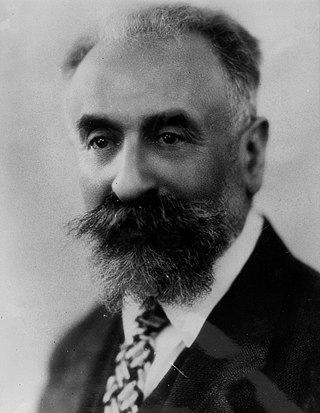
Marcel Mauss was a French sociologist and anthropologist known as the "father of French ethnology". The nephew of Émile Durkheim, Mauss, in his academic work, crossed the boundaries between sociology and anthropology. Today, he is perhaps better recognised for his influence on the latter discipline, particularly with respect to his analyses of topics such as magic, sacrifice and gift exchange in different cultures around the world. Mauss had a significant influence upon Claude Lévi-Strauss, the founder of structural anthropology. His most famous work is The Gift (1925).

Joseph Toussaint Reinaud was a French orientalist.
The Gift: Forms and Functions of Exchange in Archaic Societies is a 1925 essay by the French sociologist Marcel Mauss that is the foundation of social theories of reciprocity and gift exchange.

Arjun Appadurai is an Indian-American anthropologist recognized as a major theorist in globalization studies. In his anthropological work, he discusses the importance of the modernity of nation states and globalization. He is the former University of Chicago professor of anthropology and South Asian Languages and Civilizations, Humanities Dean of the University of Chicago, director of the city center and globalization at Yale University, and the Education and Human Development Studies professor at NYU Steinhardt School of Culture.
The imaginary is the set of values, institutions, laws, and symbols through which people imagine their social whole. It is common to the members of a particular social group and the corresponding society. The concept of the imaginary has attracted attention in anthropology, sociology, psychoanalysis, philosophy, and media studies.
Michèle Le Dœuff is a French philosopher with a scholarly interest in the philosophy of Francis Bacon, and Sir Thomas More's utopianism. She questions the boundaries of philosophy, while insisting upon philosophy's importance. She is critical of professional philosophers' neglectful attitude to science, and argues that disputes within sciences are often epistemological. In Hipparchia's Choice (1989) she questions philosophy's pretensions to being a unique practice which achieves a pure clarity: philosophy is inevitably shaped by language, metaphor, and power relations. According to Le Dœuff feminists make a special contribution. Their critique of gender categories in philosophy, science, and the humanities is empirical, philosophical, political, and interdisciplinary. Feminists see clearly how discourses are elevated to the status of 'philosophical' by a process in which social power is involved.
Henry Corbin was a French philosopher, theologian, and Iranologist, professor of Islamic studies at the École pratique des hautes études. He was influential in extending the modern study of traditional Islamic philosophy from early falsafa to later and "mystical" figures such as Suhrawardi, Ibn Arabi, and Mulla Sadra Shirazi.

The Imaginary is one of three terms in the psychoanalytic perspective of Jacques Lacan, along with the Symbolic and the Real. Each of the three terms emerged gradually over time, undergoing an evolution in Lacan's own development of thought. "Of these three terms, the 'imaginary' was the first to appear, well before the Rome Report of 1953…[when the] notion of the 'symbolic' came to the forefront." Indeed, looking back at his intellectual development from the vantage point of the 1970s, Lacan epitomised it as follows:
"I began with the Imaginary, I then had to chew on the story of the Symbolic ... and I finished by putting out for you this famous Real."
Sir Edmund Ronald Leach FRAI FBA was a British social anthropologist and academic. He served as provost of King's College, Cambridge from 1966 to 1979. He was also president of the Royal Anthropological Institute from 1971 to 1975.

Michel Pastoureau is a French professor of medieval history and an expert in Western symbology.
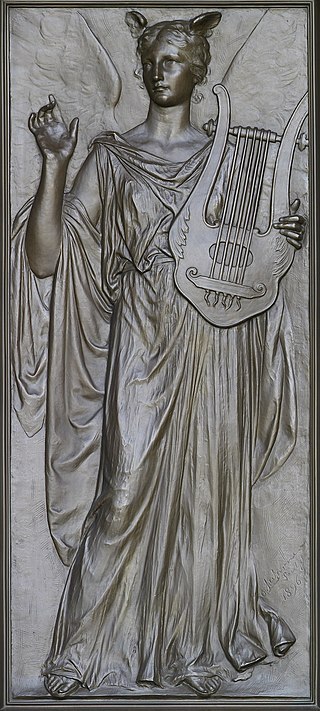
Imagination is the production or simulation of novel objects, sensations, and ideas in the mind without any immediate input of the senses. Stefan Szczelkun characterises it as the forming of experiences in one's mind, which can be re-creations of past experiences, such as vivid memories with imagined changes, or completely invented and possibly fantastic scenes. Imagination helps apply knowledge to solve problems and is fundamental to integrating experience and the learning process. As way to build theory, it is called "disciplined imagination". A way to train imagination is by listening to storytelling (narrative), in which the exactness of the chosen words is how it can "evoke worlds".

A fancy portrait is a portrait of a real or literary character that takes the form of a conventional portrait, but is defined by the fact that its depiction of the character is derived from the artist's imagination rather than any authentic record of the person's appearance. In J. and H. L. Hunt's translation of Dictionnaire philosophique, Voltaire describes the fancy portrait as "a portrait not taken from any model".
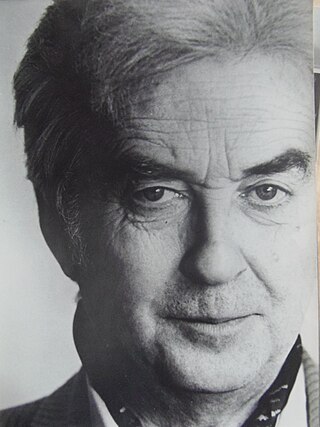
Gilbert Durand was a French academic known for his work on the imaginary, symbolic anthropology and mythology.

François Jullien is a French philosopher, Hellenist, and sinologist.
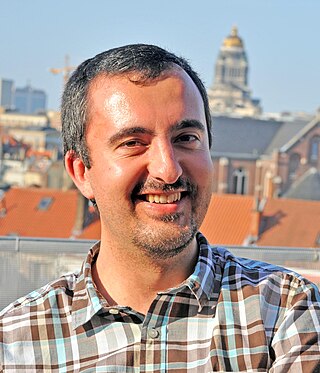
Noel B. Salazar is a sociocultural anthropologist known for his transdisciplinary work on mobility and travel, the local-to-global nexus, discourses and imaginaries of 'Otherness', heritage, cultural brokering, cosmopolitanism and endurance.
This bibliography of anthropology lists some notable publications in the field of anthropology, including its various subfields. It is not comprehensive and continues to be developed. It also includes a number of works that are not by anthropologists but are relevant to the field, such as literary theory, sociology, psychology, and philosophical anthropology.
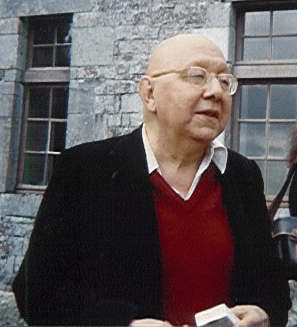
Cornelius Castoriadis was a Greek-French philosopher, social critic, economist, psychoanalyst, author of The Imaginary Institution of Society, and co-founder of the Socialisme ou Barbarie group.